Sen. Bam: Tulungan, ‘wag pahirapan ang mga mangingisda
Sen. Bam Aquino stressed that the government should first help fishermen increase their catch and reduce their expenses instead of just importing “galunggong” to lower the prices of fish in the market.
“Sana tulungan din ng pamahalaan ang mga mangingisda na madagdagan ang kanilang huli at babaan ang kanilang gastos sa petrolyo,” said Sen. Bam, referring to the Department of Agriculture’s intention to import galunggong.
The senator said fishermen are overwhelmed with the high operational costs, with half of it going to fuel, based on a study by the Bangko Sentral ng Pilipinas (BSP).
“Nalulunod ang mga kababayan nating mangingisda sa taas ng operational cost kaya bumababa ang kita nila,” said Sen. Bam, who is pushing for a subsidy or support program for fisherfolk, similar to the Pantawid Pasada Program for jeepney drivers, to help them cover the cost of fuel and inputs.
Sen. Bam insisted that the government should find other means to lower prices of goods and services that will not be detrimental to other sectors.
Instead of importation and lowering tariffs, Sen. Bam said the government should support his Senate Bill No. 1798 or the Bawas Presyo Bill, which seeks to suspend the excise tax on fuel under the TRAIN Law when the average inflation rate surpasses the annual inflation target over a three-month period.
Sen. Bam said the urgent passage of his measure is necessary since there is a scheduled second round of increase in excise tax on fuel under the TRAIN Law in January 2019.
“Kapag hindi naawat, panibagong bigat na naman ito para sa mga jeepney driver, tricycle driver at pati na rin sa mangingisda,” said Sen. Bam, one of four senators who voted against the ratification of the TRAIN Law.


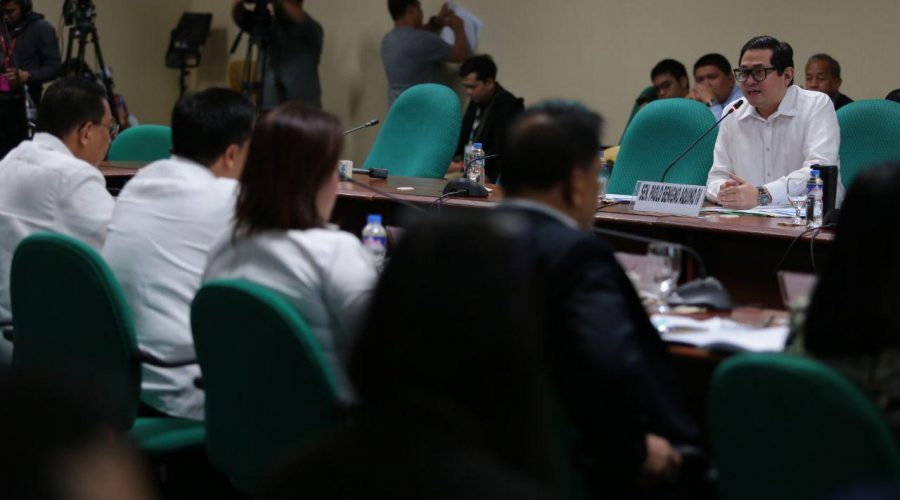
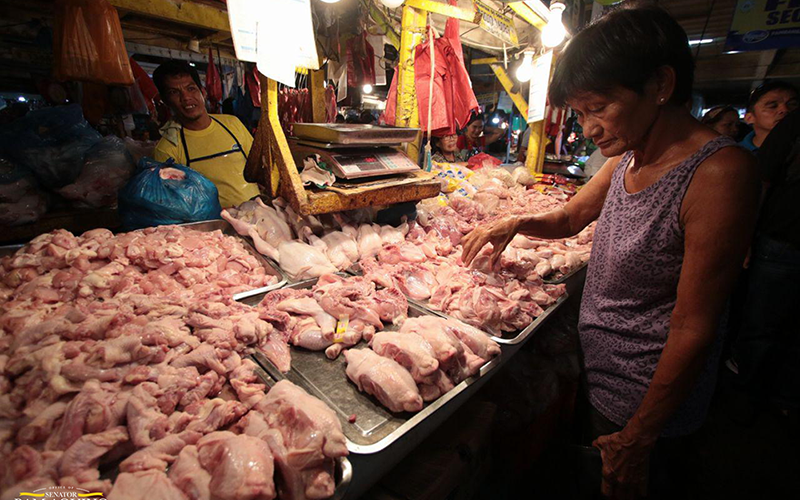
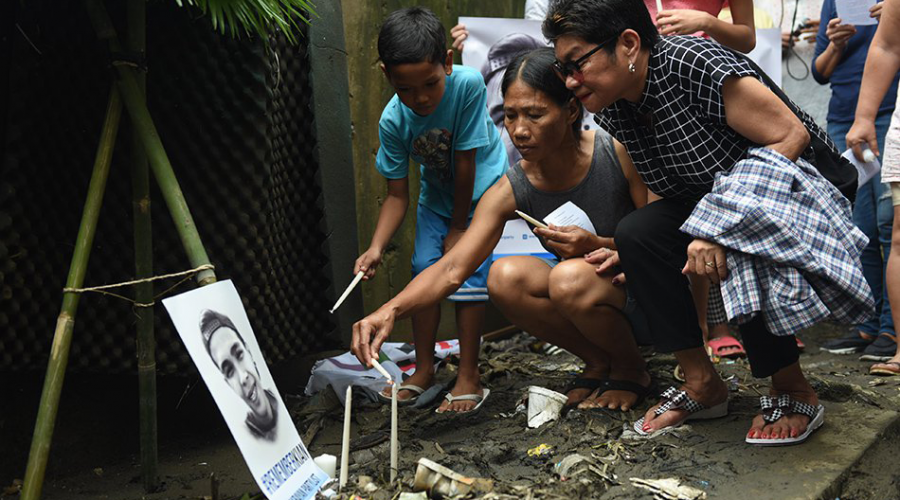
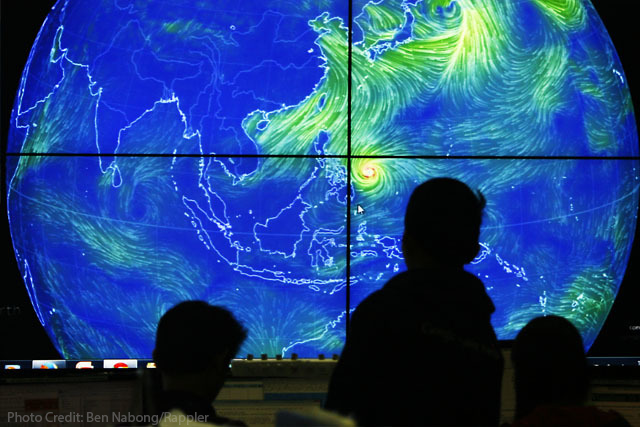
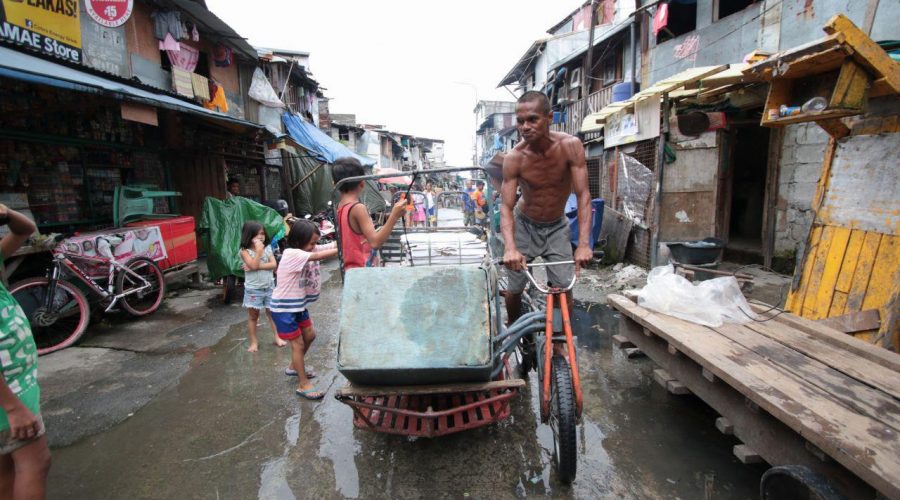
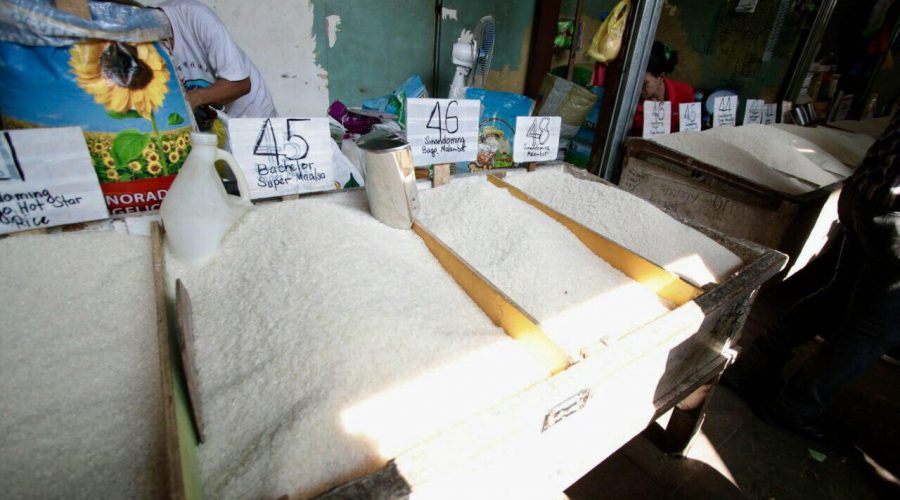
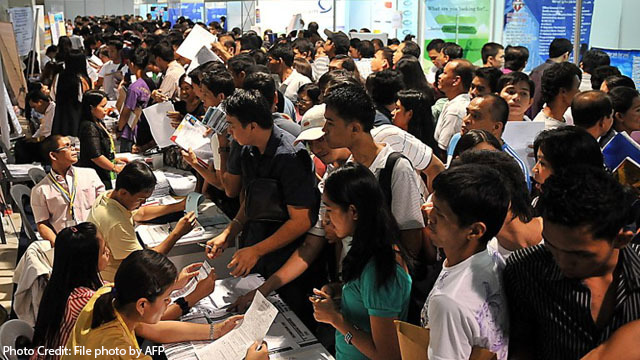

Recent Comments